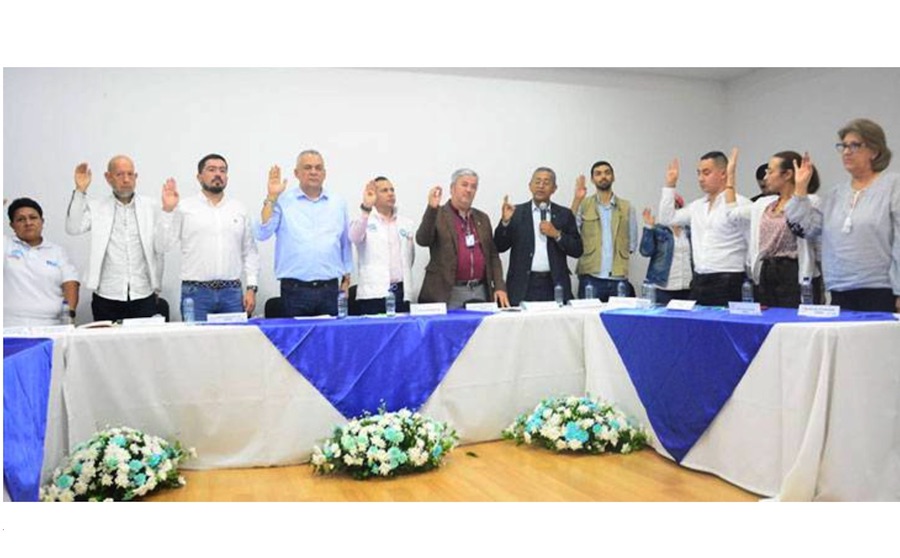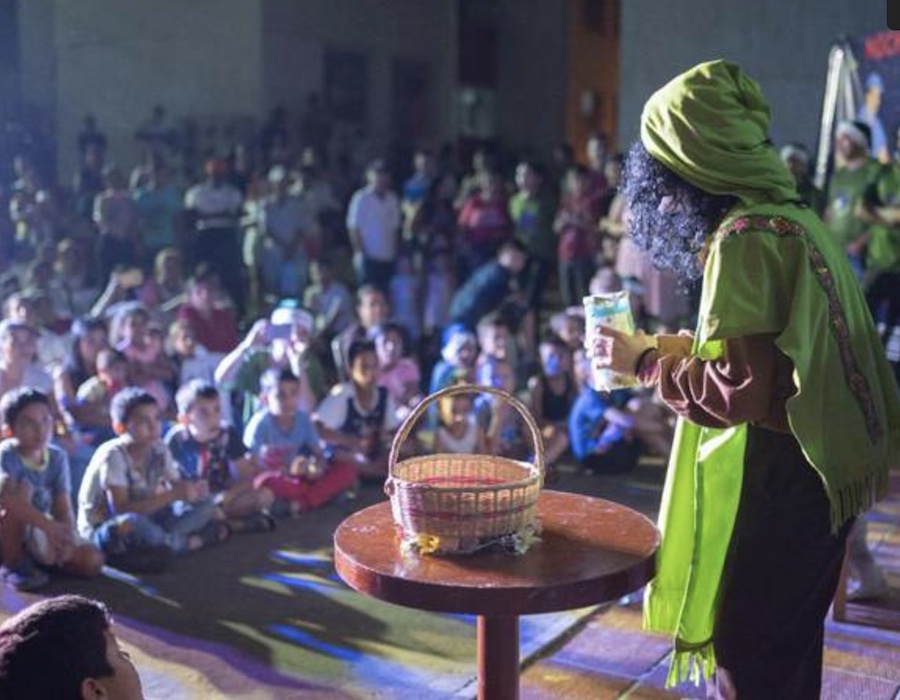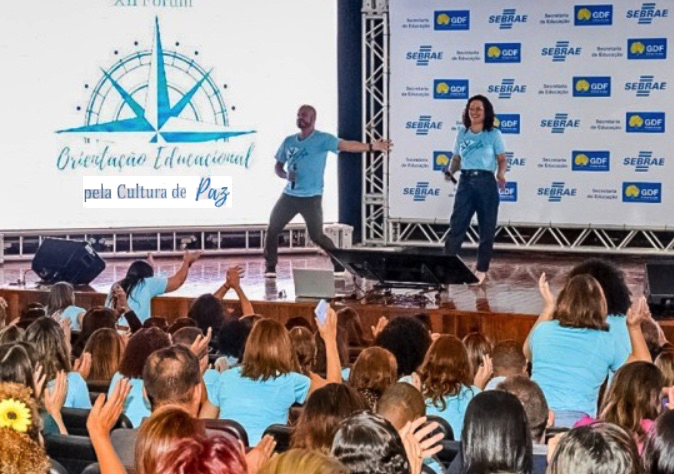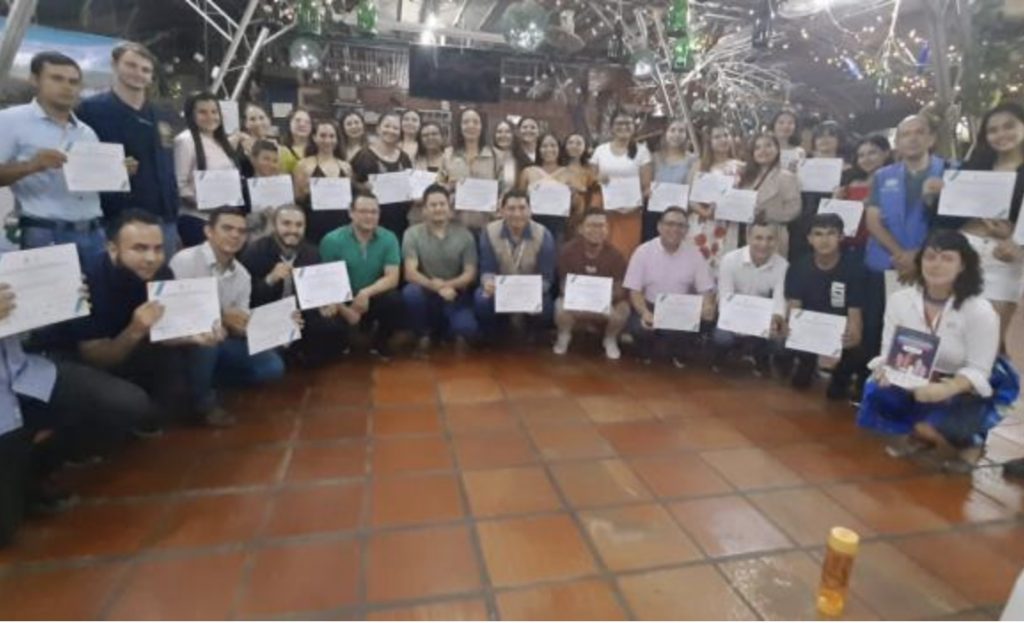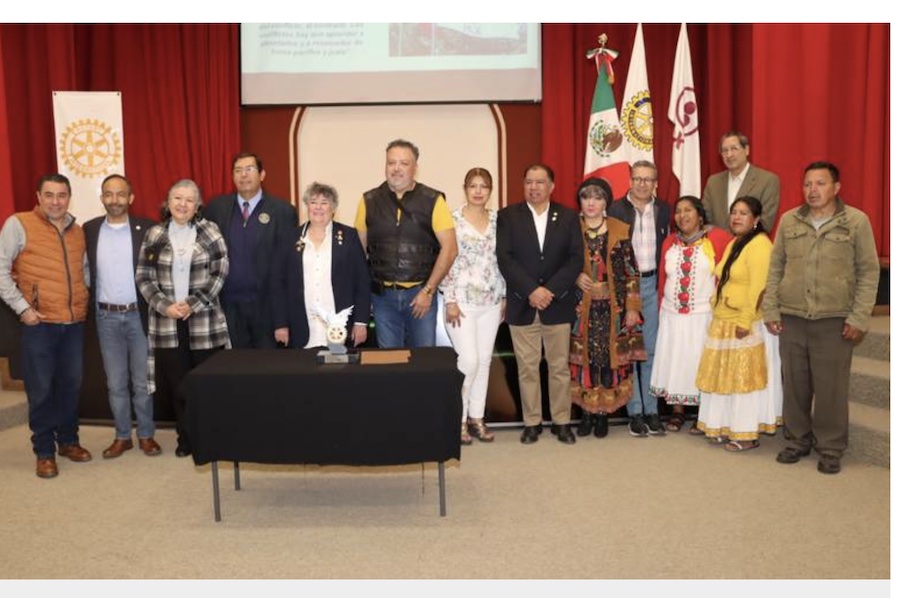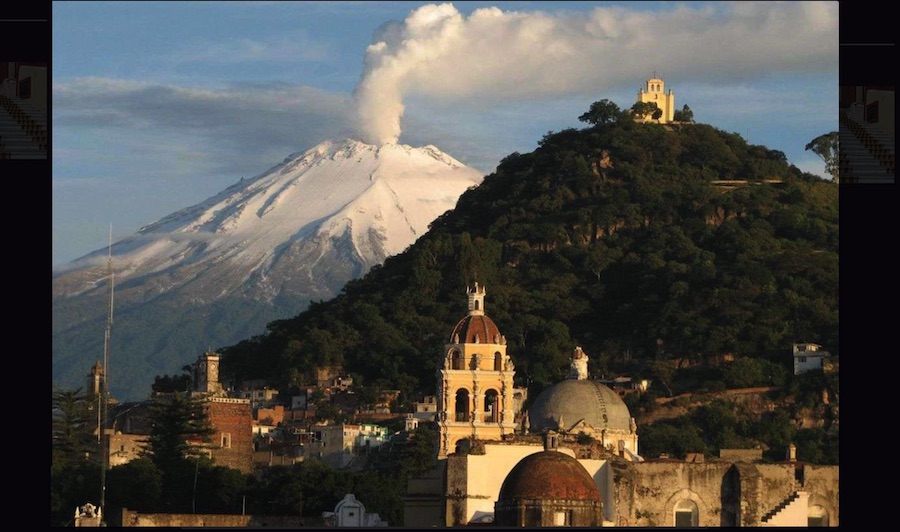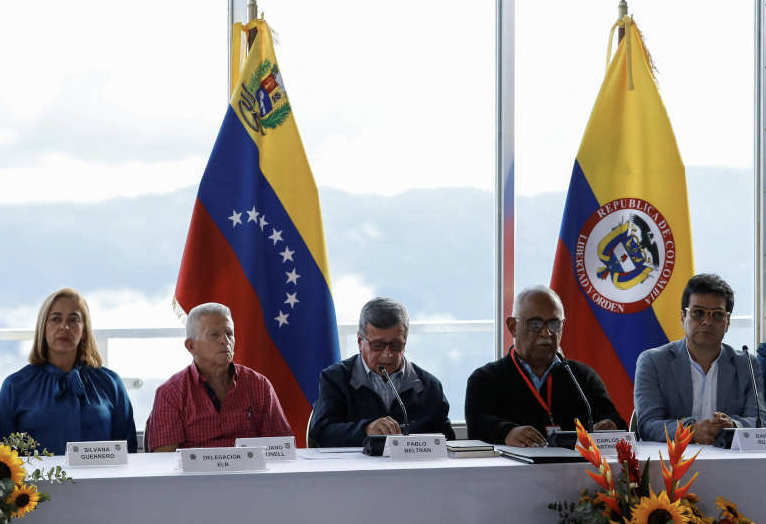FREE FLOW OF INFORMATION
An article by Lorena Baires in Dialogo Americas (translation by CPNN)
The National Assembly of Nicaragua has approved a list of reforms to the Creative Law of the National Cinematheque and to the Law of Cinematography and Audiovisual Arts, to limit the “development, public exhibition and commercialization of cinematographic and audiovisual products, as well as the confiscation of these”. With them, lawyers and filmmakers warn, the regime of Daniel Ortega and Rosario Murillo will control and censor audiovisual productions in the country.

Carlos Guadamuz, defense attorney for the Costa Rica-based NGO Human Rights Collective Nicaragua Nunca Más told Dialogo, “We are concerned about all the attributions of the National Cinematheque, because it places culture and the production of audiovisual material as an initiative of the State and not as an initiative of an individual or legal entity to promote thought. It is a Law that violates the Political Constitution and places freedom of expression and thought at serious risk and vulnerability; as well as the patrimony of all the people who wish to carry out activities in the field of filming and documentation”.
As of October 13, Nicaraguan cinematography will have supervision and control with an article that establishes that “any natural or legal person, national or foreign, who intends to develop audiovisual and cinematographic activities of any kind in the national territory, must comply with the registration requirements before the National Cinematheque and have the proper authorization for the execution of such activities”. The Cinematheque may issue insurance measures to guarantee that nationals or foreigners comply with the regulations “in the making and development of cinematographic or audiovisual products,” reported the Nicaraguan newspaper La Prensa.
(Article continued in the column on the right)
Click here for the Spanish original of this article.
Question related to this article:
Free flow of information, How is it important for a culture of peace?
Can “culture of peace” be mis-used?
(Article continued from the column on the left)
Ricardo Zambrano, Nicaraguan filmmaker, director and producer in exile, told Diálogo; “This is what is worrying because, in a context like Nicaragua’s, where it is already known that one cannot publish things against the regime because there are consequences, now there is is a law that not only prevents and prohibits the display of the works, but also their production,” “The filmmakers will not be able to make documentaries or films that criticize the regime. If any person, producer, tiktoker or youtuber tells their stories with a camera in the street in a way that the Cinematheque, considers is not contributing to the peace and well-being of Nicaragua, their production will be boycotted and the material confiscated”.
The Nunca Más Nicaragua Collective emphasizes that these reforms bind and force the development of film or audiovisual activities and the production of documentaries on Nicaraguan television channel 6; a state television station that only reproduces the signal of television channel 4, the main broadcaster of the propaganda system of the Ortega-Murillo regime.
The lawyer Guadamuz added, “We are concerned that these records are carried out before authorities where the processes or guarantees of due process are not fulfilled, and there is no possibility of filing complaints or using judicial instances to ensure compliance with the freedoms and human rights of Nicaraguans” .
Nicaraguan sociologist and documentalist Leonor Zúñiga also highlighted the regime’s strategy of using ambiguous concepts, such as “Culture of Peace”, to justify actions against the freedoms of Nicaraguans.
“This concept has already been used in other post-2018 rebellion laws, to justify the censorship of everything that represents a criticism of power, and therefore threatens ‘peace’,'” Zúñiga posted on Twitter. “With this, they not only control producers that require the support of the State. This authorization to the Cinematheque can prohibit any individual with a camera (Yes, TikToker) to produce something if it does not align with the ‘Culture of Peace.’
Independent Nicaraguan filmmakers shared a press release on social networks, where they call on audiovisual producers and creators in Latin America and the world to “reflect on the importance of defending creative freedom and acting collectively to guarantee that the rights of freedom of expression are respected.” expression and cultural creation that have cost so much to conquer in Nicaragua and Central America”.
The National Cinematheque is in charge of the ex-daughter-in-law of Ortega and Rosario Murillo, Idania Castillo, who would become the new inspector not only of audiovisual products in Nicaragua but also of those who are dedicated to this activity, warned La Prensa

